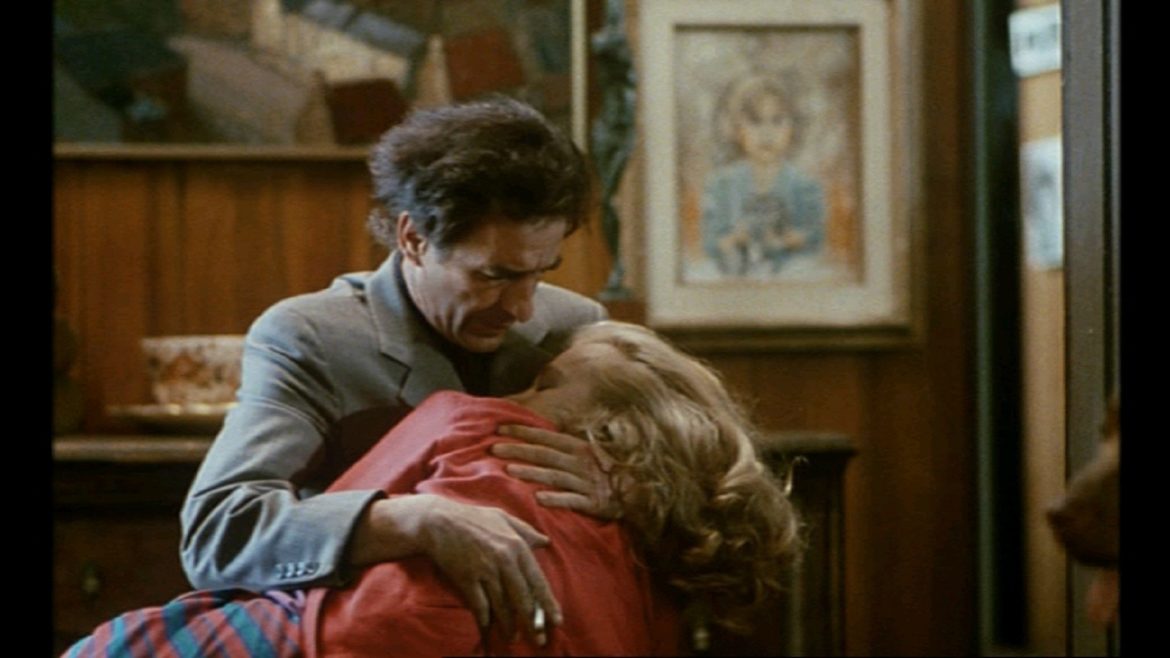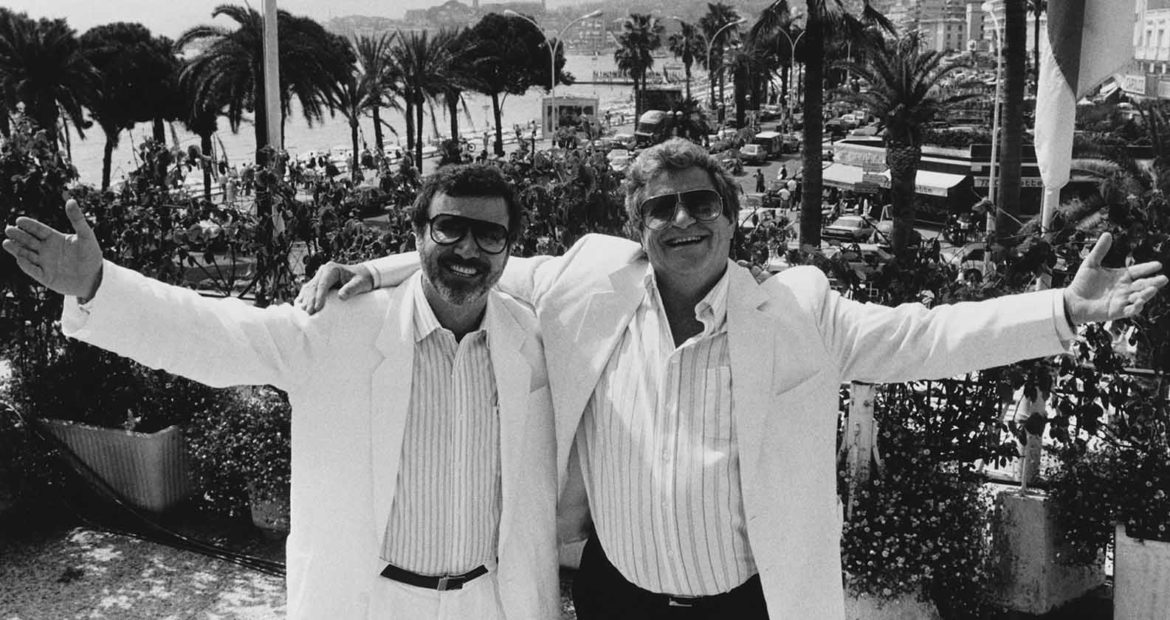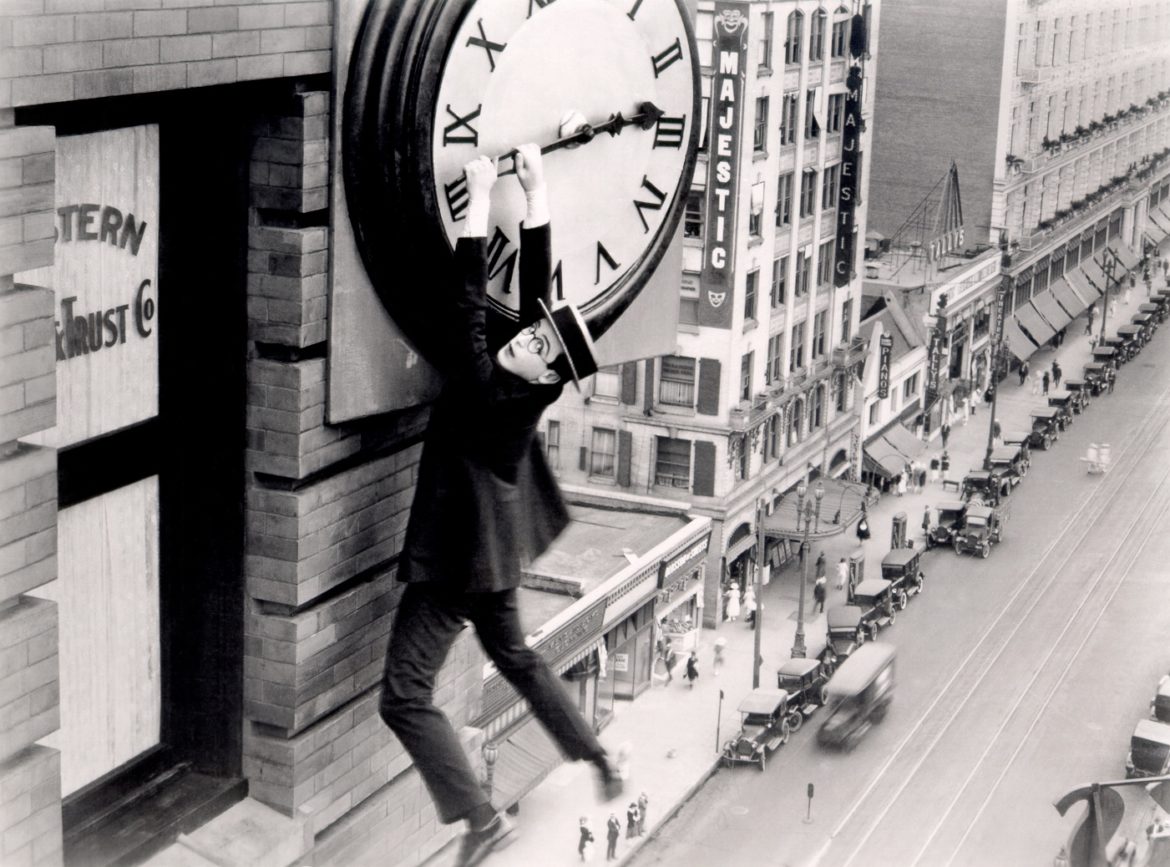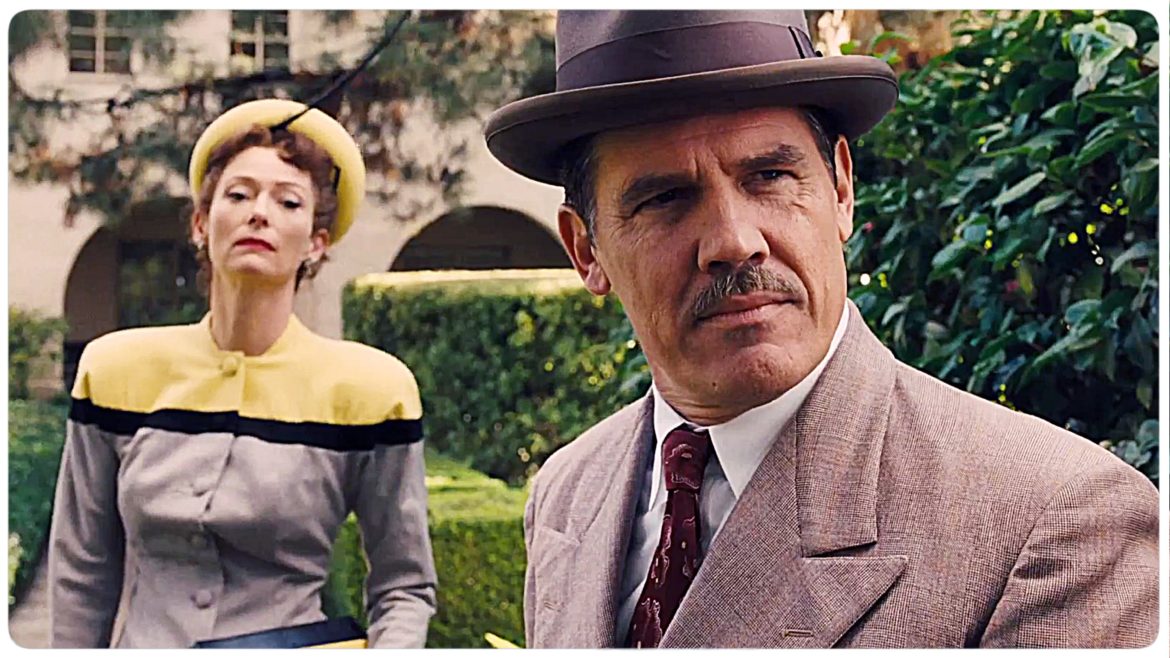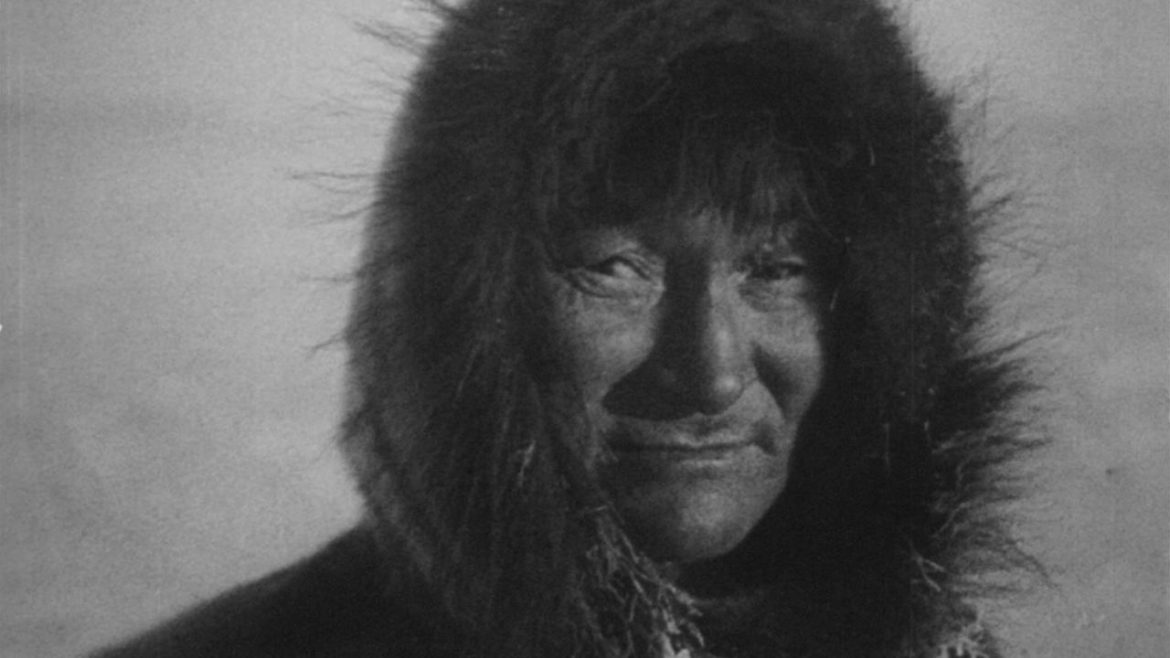One of the enduring mysteries of Cannon Films’ brief, spectacularly absurd success in the 1980s – aside from whether Sly Stallone’s character in Over The Top is named “Lincoln Hawk” or “Lincoln Hawks”, and which name would be dumber in the first place – is how the Golan-Globus group managed to crank out so much drivel while still laying the groundwork for genuine masterpieces.
Other
Over The Top is not a good movie. In fact, it would be fair to call it an extremely bad movie. At no point, over the course of its surprisingly merciful hour-and-a-half running time, does it feature recognizable human beings, engaged in the activities human beings are generally known for.
At one point in Electric Boogaloo: The Wild, Untold Story of Cannon Films, the late Menahem Golan, the inexhaustibly enthusiastic producer of movies that probably did not merit anything close to his hilariously exaggerated boosterism, lays out his own view of his company’s legacy: “Sometimes we made good films, sometimes we made not so good films, but we made films.
Part of an ongoing effort to watch each of the films in Roger Ebert’s Great Movies series. The introduction and full list can be found here.
Why did the image of Harold Lloyd‘s “Glasses character” – pasty, spectacled, straw boater still perched precariously on his head – dangling from the minute hand of a clock 12 stories up become one of cinema’s most enduring images?
Part of an ongoing effort to watch a set of films from non-White, non-U.S., non-male, and/or non-straight filmmakers and depart a little from the Western canon. The intro and full list can be found here.
When I first conceived of this series, one of the things I hoped for was to “discover” masterpieces.
The Coen Brothers are the closest thing we have to existentialist filmmakers working today.
Before you dismiss this out of hand, consider the following. The Man Who Wasn’t There, probably their most underrated film, is essentially an adaptation of Albert Camus’ “The Stranger” (at least as much as A Serious Man is a retelling of The Book of Job).
Given their frequent forays into philosophical contemplation and the various tantalizing Easter eggs sprinkled into their filmography for the devout, it’s sometimes overlooked that the Coen brothers are very, very funny. If you’ve forgotten, Hail, Caesar! is here to remind you – it’s the filmmaking team’s most explicitly comedic outing in years, and one of their best.
Part of an ongoing effort to watch each of the films in Roger Ebert’s Great Movies series. The introduction and full list can be found here.
What is a documentary? What are its aims, ambitions, and responsibilities – to its subjects, to its audience?
This past Sunday was “Community Day” at the Berkeley Art Museum and Pacific Film Archive (BAMPFA), marking most people’s first opportunity to take a look inside the newly redesigned space on downtown Berkeley’s Center Street. It’s been years in the making – the previous location opened in 1964 but was shuttered at the end of 2014, due to seismic concerns – and hundreds turned out to see what rock star design firm Diller Scofidio + Renfro (and $112 million in privately raised funds) had come up with.
Beasts of No Nation is a strange film. It’s anchored by two powerful performances, deals with timely and horrific subject matter, and is ably directed and photographed, but leaves almost no impression. If anything, it actually manages to make its cavalcade of horrors … kind of boring and distancing.

